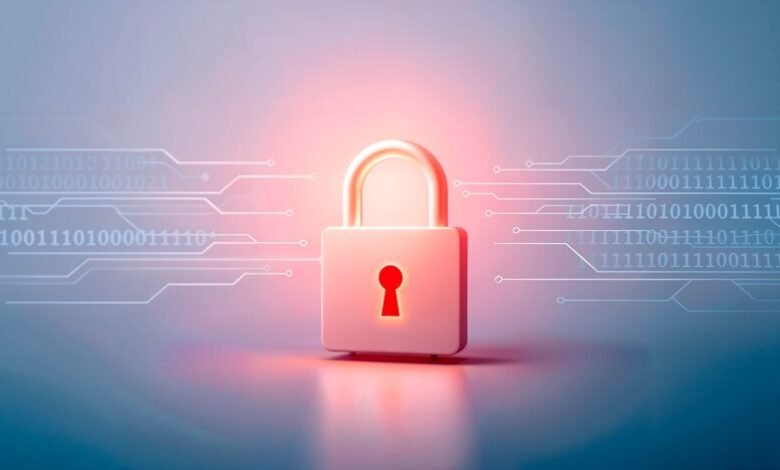Fortified Foundations: ISO 27001 Certification for Data Security

I. Introduction
A. Overview of ISO 27001 Certification
ISO 27001 is an internationally recognized standard that provides a framework for establishing, implementing, maintaining, and continually improving an Information Security Management System (ISMS). Developed by the International Organization for Standardization (ISO), this certification outlines a systematic approach to managing sensitive company information, ensuring its confidentiality, integrity, and availability. ISO 27001 is applicable to organizations of all sizes and sectors, offering a comprehensive set of controls and best practices that address various information security risks.
B. Importance of Data Security in Today’s Digital Landscape
In our increasingly digital world, data security has become a paramount concern for organizations across all industries. With the rapid rise of cyber threats—such as data breaches, ransomware attacks, and phishing schemes—companies must prioritize the protection of sensitive information. The consequences of inadequate data security can be devastating, including financial losses, reputational damage, and legal penalties. ISO 27001 certification serves as a vital tool for businesses, providing a robust framework to identify and manage information security risks effectively.
II. Understanding ISO 27001 Certification
A. Key Principles of the Standard
ISO 27001 is built on several key principles that guide organizations in developing an effective ISMS:
1. Risk Assessment and Management
A cornerstone of ISO 27001 is the systematic identification and evaluation of information security risks. Organizations are required to assess their unique risks and implement appropriate controls to mitigate them. Once assets are identified, organizations assess potential threats (such as cyber-attacks, natural disasters, or insider threats) and vulnerabilities (weaknesses that could be exploited).
2. Leadership and Commitment
Effective information security management requires strong leadership and commitment from top management. Leaders must ensure that information security is integrated into the organizations overall strategy and culture. Management should actively promote a culture of security within the organization, encouraging employees to prioritize information security in their daily activities.
3. Continuous Improvement
ISO 27001 promotes a culture of continual improvement. Organizations are encouraged to regularly review and update their ISMS based on performance evaluations, audits, and emerging threats. Organizations should establish channels for employees and stakeholders to provide feedback on security practices and policies, facilitating ongoing enhancement of the ISMS.
III. Benefits of ISO 27001 Certification
A. Enhanced Data Security
1. Systematic Risk Management
ISO 27001 provides a structured approach to risk assessment, allowing organizations to identify vulnerabilities and potential threats to their data. By conducting regular risk assessments, companies can prioritize risks and implement targeted controls to mitigate them effectively. As consumers become increasingly concerned about data privacy and security, ISO 27001 certification serves as a powerful credential that demonstrates an organization’s commitment to protecting customer information.
2. Protection against Data Breaches
With the increasing frequency and sophistication of cyberattacks, ISO 27001 helps organizations fortify their defenses. By establishing security controls—such as access controls, encryption, and incident response plans—organizations can reduce the likelihood of data breaches and protect sensitive information from unauthorized access.
3. Incident Response and Recovery
ISO 27001 emphasizes the importance of having an effective incident response plan in place. This plan ensures that organizations can quickly and efficiently respond to security incidents, minimizing damage and restoring normal operations. Regular testing and updating of the incident response plan help organizations remain prepared for potential threats.
IV. Conclusion
A. Recap of the Importance of ISO 27001 Certification for Data Security
ISO 27001 certification plays a vital role in fortifying an organization’s data security framework. By establishing a comprehensive Information Security Management System (ISMS), businesses can systematically identify and mitigate risks to their information assets. This ensures the confidentiality, integrity, and availability of sensitive data. The structured approach of ISO 27001 enhances an organization’s resilience against cyber threats and fosters a culture of security awareness among employees.



